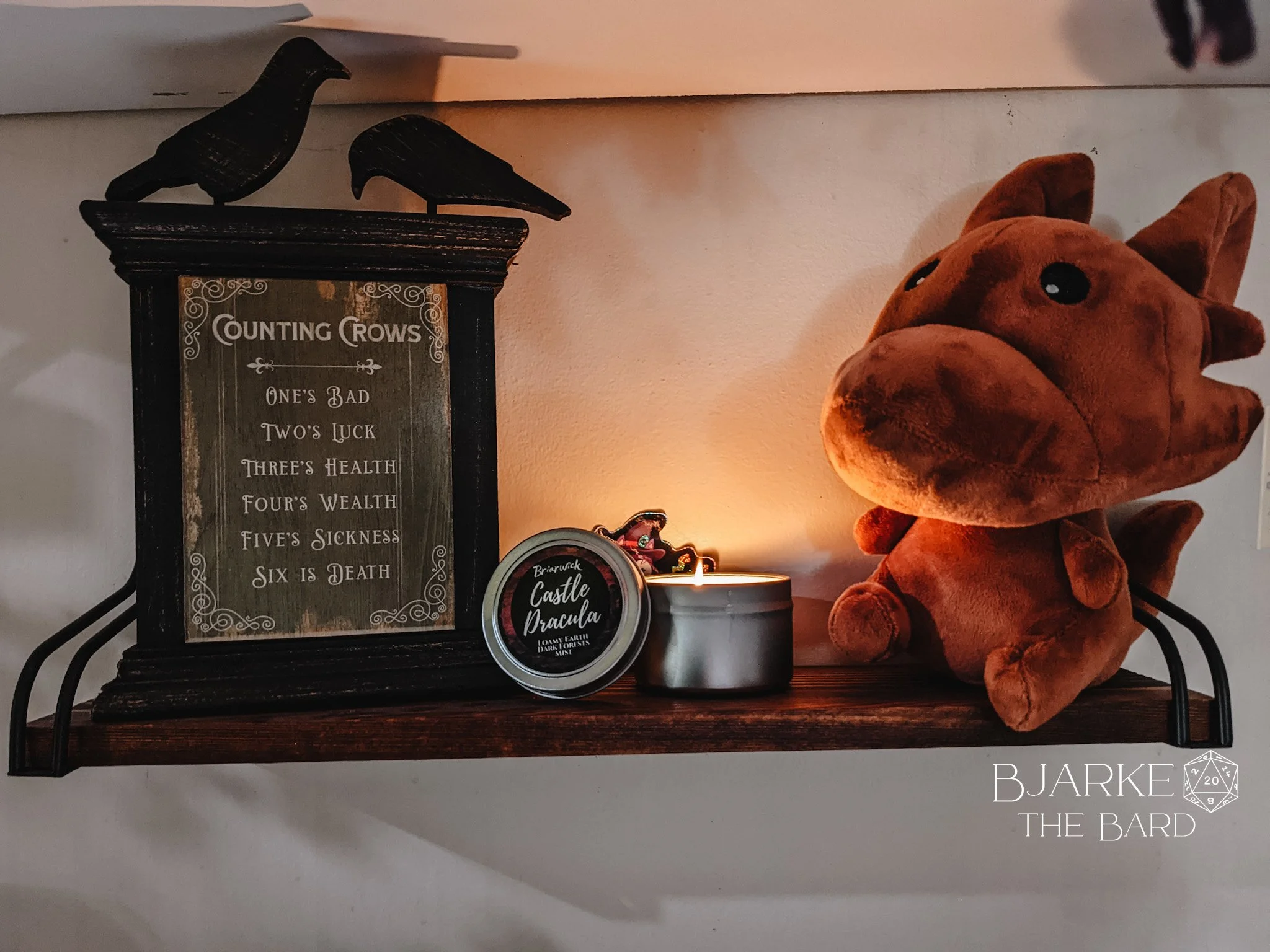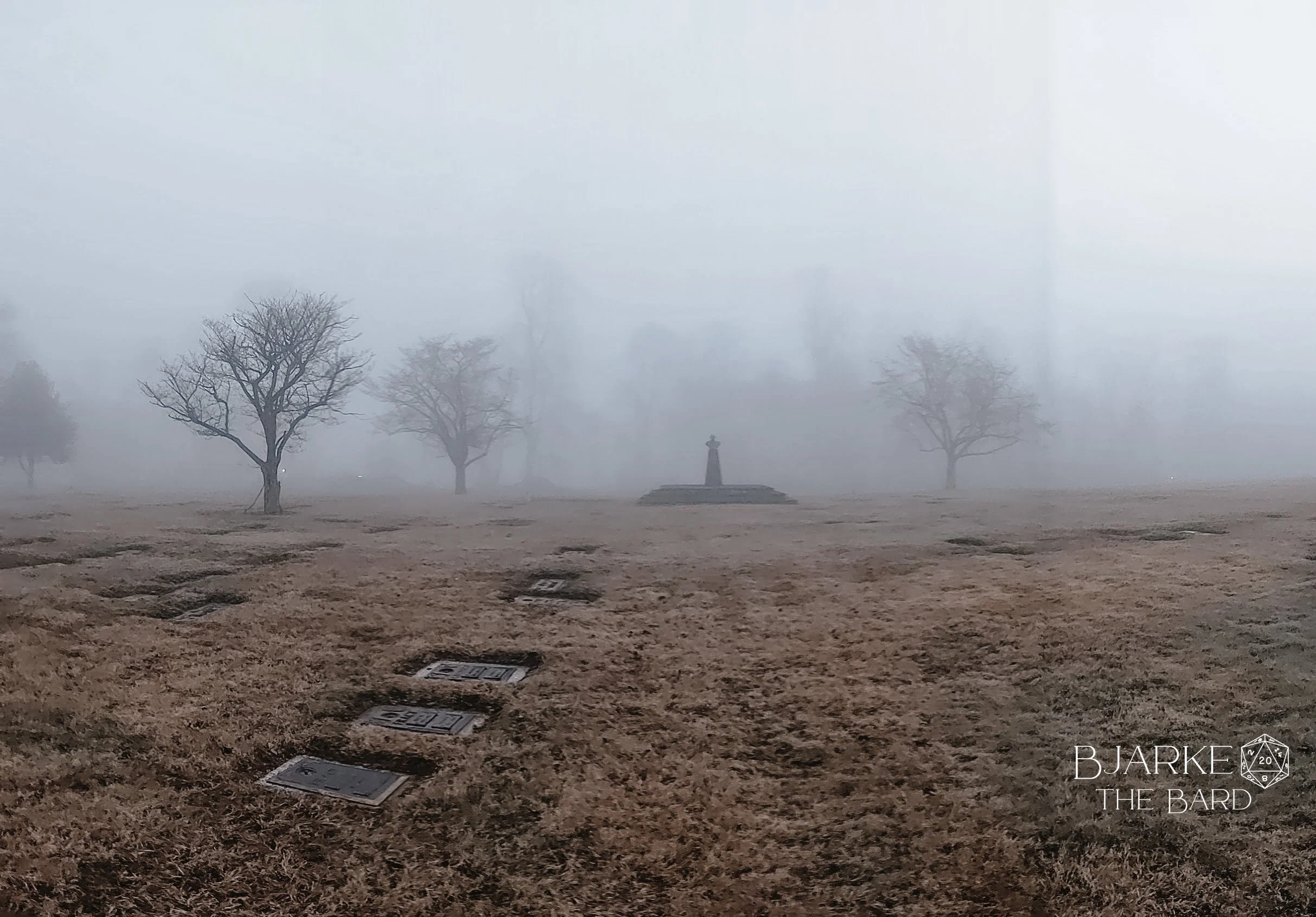How I Handle Cancellations at the Table
Once you have been playing tabletop games for a while, you will inevitably have a game night get canceled. The greatest challenge a party can face is getting to the table at the same time. I consider it the actual BBEG of most campaigns. Sometimes you will have a decent amount of notice ahead of time, but often you will find out the day of your session, sometimes mere hours before you play. The sudden change can leave you scrambling, not knowing what to do. As the DM, your players will look to you for the next steps, whether you continue.
In my current campaign, it has happened more than a few times. We have a weekday, weeknight schedule, and many things can happen so that I or my players cannot make it to the table. However, my table has a policy for when these inevitable obstacles appear during the week. We know what would cause us to consider calling the night off, as well as what we would do instead of DnD. We also try to check in ahead of time to reduce the amount of last-minute cancellations. The method that I used to manage these problems works effectively at our table.
The Plan
Prepare for Tomorrow, Today
The best way to react to cancellations is by being proactive and having a plan set out ahead of time. I initially came up with my player cancellation policy before we even started playing and explained it to the players during our Session 0. I intended to have a plan that the entire table agreed on and could follow before we even started in the actual campaign. I wanted to have tactics to deal with this monster before we even started our adventures, to make sure our game would be as smooth as possible.
What makes you consider changing your plans for the session will depend a lot on your specific table. For smaller groups, it might make sense to just say “If we are down 2 people, we will not continue our normal campaign”. This is what my group currently uses. Our table size is 5 people, so if we are missing at least two people, the table feels a little empty. Larger groups might not have this problem, and might instead wish to make a more democratic choice. When down players, maybe the table takes a vote on whether they want to continue. This is a little more flexible of a policy, but can take more time to decide. It takes time to get everyone’s opinion, and sometimes it is not a simple choice. Sometimes that time is just not available. Both options are viable, it just depends on your table.
What do we do?
Once you know what will make you consider changing plans, the next question to ask is what will you do instead. Do you want to cancel the regular game, and give everyone the night off? Do you want to fall back on something else, like a board game? Do you have someone else in the group itching to jump in and want to give them a chance at the seat?
The easiest thing to do can be just to call the entire night off. As the DM, this means you do not have to prepare new plans quickly or keep material in reserve in case of emergencies. In the example of my table, this is what we use, saying “If we are down 2 or more people, I will cancel the game for the night”. Since we play during the week, I am coming from my full-time job to the game. I do most of my session prep over the weekend, so during the day I do not have a lot of time to come up with other plans. This is not the only option, however.
A game night is sometimes the socialization players are looking for in their week, looking to slay some monsters and tell a story with their friends. Here, it sometimes makes sense to do something else. The group might have a favorite board game they want to break out, or maybe you want to all watch a movie together. Another great option is trying out a short one page Indie RPG. Personally, I find this can be a great time to check out my Itch.io library and see what I have tried out. Something like the recent Women in TTRPG Bundle , that has 50 different games available. This keeps everyone playing but can also give a change in gears that players can find a refreshing change of pace, helping you find the silver lining in what is an unfortunate situation.
The one thing I try to be aware of if I do this option is that it’ll need to fit into whatever time we have for that session. While it's exciting to try something different, you do not want to make something that will compete with the table focus for the following week. It's fun to start something new, but you don’t want to create a competing event for your regular game.
RSVP
Once you know what will make you change your plans and what you will do instead of your regular schedule, you will want to figure out how to find this out as early as possible. While some situations are truly last minute, a lot can come up a few days ahead of time. Coming up with a way to check who might be unavailable will help you have more time to make your decisions.
When and how often you check in with your group can depend a lot on the regularity and frequency of your sessions. For tables that have a regular schedule, this can be a straightforward answer. If you know the day ahead of time, having a check-in day can be something that you schedule and do regularly. This is great if you play weekly, biweekly, or even monthly with a fairly regular schedule. You play on a Saturday, so you check in on Tuesday, then finally on Friday night. This gives you a day or two to make sure everyone is available.
However, some tables do not have a regular schedule. It might work best to do your session planning one at a time, comparing everyone’s schedules. It makes it a little harder to check in, but still doable. At the time of scheduling your next session, you could also set a check-in date. The table is playing on the last Saturday of the month, so you are going to check in on that Wednesday, and once again the day of the game. Checking in ahead of time will still be useful. It will just be something harder to schedule.
In my case, my party plays once a week during the weekday. Unless agreed upon in advance, the weekday is always the same, a Wednesday. I send my first RSVP request on either Saturday or Sunday. At that point, I try to get confirmation from each player whether they can attend. I try to at least get 4 out of my 5 players to confirm, since anything less could mean we need to schedule. After that, I will do a follow-up message on the day of the game. I do this in order to make sure that communication is open and frequent between me and the rest of the table. I have found this to be incredibly useful. My players will let me know if it's questionable if they will attend that week, and confirm to keep me updated as the week continues. While it does not entirely stop last-minute cancellations, it helps reduce them down to emergencies.
Revisit, and be Flexible
Now you have your basic policy in mind about how to deal with cancellations. You know what will trigger them and what you will do in that instance. You reach out ahead of time to minimize absences when possible. Now that you have it in place, you will want to review it occasionally to make sure that what you and your players came up with is still the right fit.
Your party can change a lot over the course of a game. Even if you are playing somewhat frequently, longer running campaigns can take years to finish. Over that time, people can leave, join, or have life changes that alter their availability. In my Curse of Strahd game, which has been going since October 2020, we have had our table size change and players change. Some people left our weekly game. A few of my players have changed jobs, gotten married, or had their first children. The plan we had in the beginning started to not really fit as well as it initially did. To the end, I made it a point to reexamine our policy. I found it easiest to do this around the ends of campaign arcs. I already make it a point to check in with my party, so it made the most sense.
Not all changes need to be permanent. Sometimes the current events of the game might make you make short-term changes. If you have a pivotal session coming up, or one that will put the spotlight on a particular player, it may make sense to take a session off until they can play. On the other side of things, sometimes a player will be okay with stepping back. In that case, it might make sense to move on without them, even though you normally would not. Having this flexibility helps you compensate for all the variables that can pop up during a campaign.
While this can be useful, remember this will slow down the process. The reason for the attendance policy was originally to make sure that dealing with this would be a quick decision, and this will always slow it down a little. If you have players that respond quickly, it might not be as big of a deal, but it might leave you indecisive on session day. It really comes down to your table. What players do you have, and how much of a problem are player cancellations at your table?
Final Thoughts
Following the above steps has helped me combat one of the biggest threats I have found in TTRPGs, allowing you to deal with the cancellations much easier. This plan is one of the first things I do with a new party. Session 0 is the perfect time to get that plan in place, confirming with your party that it works for everyone involved. In making that plan, you want to identify what makes you consider a change in plans. Is it a set number of people missing, or do you decide as a group when someone is unable? Once you have that figured out, it becomes a question of what you do instead of playing. The easiest answer is canceling, just giving the night off, but sometimes you want to have something in its place. After that, it comes down to periodically making sure it still works with your group. It pays to check in periodically, maybe during campaign arcs if you take the time.r “ready to be published” but I think they are good examples of what can be done.
Life happens sometimes, and it can be the biggest obstacle to a game. That’s why I have this plan in place, and it worked well for me. I hope this gives you some ideas as well. If you like this, let me know down below! If you have something else that works well, I would love to hear it. Some of my best advice has come from the community.


